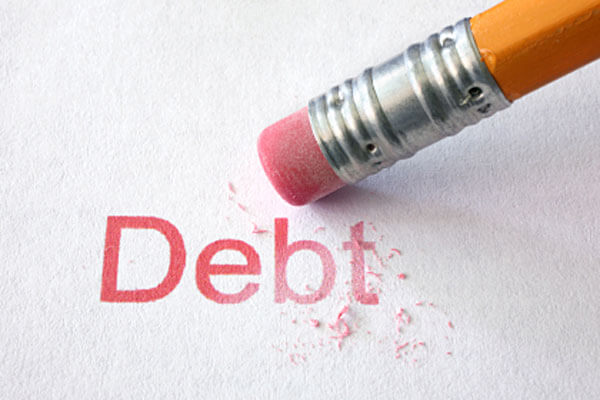It is important for customers to know more about unsecured debt. Unlike car loan or mortgage, unsecured debts are not secured against an asset. With secured loans, lenders know that if we default on payment, they could still obtain the money back by selling our home. Unsecured loans are not attached to any of our asset. Catalogue debt, bank overdrafts, credit card debts and personal loans are known as unsecured debts. For this reason, it is important for people who want to apply for unsecured loans to have good credit records. This is important, because lenders won’t be able to seize our assets if we default on payment.
We should be aware that it is possible for creditors to sue us for unsecured debts. This could involve a series of court actions and if the creditor win, we will be required to repay the money. The court will investigate our situation and determine whether we could really afford to repay the debt. Creditors will inform the court how many more repayments that we should make. Whether the creditor will sue us could depend on many things. In general, court actions and legal advices could cost us money. In general, it is quite unlikely that a creditor will be willing to launch court actions for smaller debts.
The court won’t believe it that we can’t pay, if we have our own home and we have a steady job. Creditors may already check our situations and they will decide that we are actually able to repay the debt. If the problem can’t be settled, our debt could be sold to the collection agency. When our debt is transferred to the debt collection agency, we will deal with an entirely different organization. In this case, these people see that debts are a form investment and they are eager to get some money from us. In order to avoid losing money, debt collection agencies could try to take legal actions against us,
We should be aware that courts could find favour to the creditors or debt collection agencies. In this situation, the court could make the Country County Judgment against us. It isn’t a good situation, although not the worse situation yet. In practice, this is a legal statement that the court order us to repay the amount of money we owe. The court will check our situation in greater detail and we could be asked to submit a repayment schedule, according to our financial situations. If we are finally ordered to pay what we owe, it is essential to stick to the agreed terms. It is essential that we are able to keep up with the repayment schedules or everything will be brought to an entirely new level.
There are legal consequences that we need to consider if we continuously miss payments. In fact, if the problem is serious enough, imprisonment is perfectly possible. It is necessary for us to talk with our creditors in all stages to avoid making the situation gets worse.

